There’s a common misconception that pests are more prevalent in the summer. The hotter months can indeed be the most active season for some critters, especially insects. However, there are many winter pests for which you should be on the lookout.
When the temperature drops, rodents and insects hibernate, and your home or business can be one of the warmest places for them to sleep through the season. The pests will take advantage of any easy access points and set up residence in your attic, garage, wall cavities, or even in unused cupboards.
Stink bugs are among the insects that get into homes and make themselves a nuisance, while rodents can do a lot of damage to homes. So, join us as we discuss the usual winter suspects who will probably intrude upon our homes – if we allow them in.
Table of Contents
Common Winter Pests and How to Keep them Out
It is often difficult to manage pests once they have found their way inside your house. Pest-free winters can be accomplished by stopping these invaders before they move indoors.
Knowing how to identify brown marmorated stink bugs, how to deal with mice and rats, and how to keep squirrels out is essential.
Brown Marmorated Stink Bug – Identification, Winter Habits, and Prevention Tips
The Brown Marmorated Stink Bug (Halyomorpha halys) gets its name from the unpleasant odour it releases when disturbed or crushed. These pests are easily recognisable by their shield-shaped bodies, brown marble-like exoskeletons, and light-toned, almost rectangular antennae. They are not only prolific breeders but also long-lived, surviving for six to eight months. In addition, their ability to fly often helps them find their way indoors, adding to their nuisance.
During autumn, stink bugs become significant pests as they seek warm, protected places to overwinter. They often invade homes, sneaking into cracks, attics, wall voids, and other hidden spaces. While stink bugs don’t cause structural damage, bite, or sting, their foul smell can quickly make their presence unbearable. This odour, released as a defence mechanism, becomes especially problematic if they are disturbed or crushed.
Late October is the peak time when these overwintering pests start searching for suitable hibernation sites, and by November, they settle into their hiding spots for the winter. Stink bugs prefer sheltered areas inside homes, where they remain dormant until temperatures rise again in spring.
How to prevent stink bugs in winter
To prevent a stink bug infestation, it’s essential to take proactive measures.
- Start by inspecting all doors and windows to ensure they are properly sealed.
- Replace damaged screens, install weather stripping, and seal gaps around utility pipes, siding, and chimneys.
- Cracks in the foundation or walls should also be filled with caulking to block entry points.
- Applying pest-control products specifically designed for exterior or interior access points can further strengthen your defences.
- Without these exclusion techniques, stink bugs may still find their way inside, creating a persistent problem throughout the winter months.
Here is an article that provides more detailed information on preventing these cold-weather pests from entering your home and how to get rid of brown marmorated stink bugs.
Check also: Where Do Insects Go in the Winter Time
Are you dealing with a pest infestation?
You don't have to be alone in the battle against pests. Hire a professional pest expert!
Call usRats and Mice
When winter arrives, it’s only a matter of time before rodents like rats and mice follow the insects into your home. These pests aren’t sneaking in for no reason – they seek warmth, shelter, and readily available food which your home provides all three. Once inside, getting rid of them can be a serious challenge without the right approach.
Why Do Rats and Mice Invade Homes in Winter?
Rats and mice are resourceful pests that can squeeze through small holes to gain access to your property. During the colder months, they are particularly driven to find a cosy nesting place, safe from predators and freezing temperatures. In addition to being a nuisance, rodents can cause significant damage by chewing through walls, cables, etc. to keep their continuously growing teeth trimmed. They also nest in wall cavities, lofts, and hidden spaces, leaving behind droppings and gnawing materials behind.
How to Prevent Rodent Infestations
Preventing a rodent infestation starts with making your home an unappealing place for these pests. Start by removing their access to food:
- Store all open food, such as cereal, snacks, or pet food, in airtight containers to keep it out of reach.
- Avoid leaving leftovers or dirty dishes on kitchen counters.
- Use bins with secure lids and dispose of waste regularly.
- Clean up crumbs, spills, and food debris immediately.
- Sealing entry points is just as important as eliminating food sources. Inspect your property for holes or gaps in walls, floors, and doors that rodents could use to get inside. Use caulk or steel wool to block small openings and reinforce larger gaps with heavy-duty materials.
Check also: How to Find Mice Entry Points
Did You Know?
Rats are not only capable of chewing through wood but can also gnaw through metal. Their relentless chewing habits can cause extensive structural damage to your home and even lead to electrical fires if they get to the wiring.
The Health Risks of Rodent Infestations
Beyond the damage they cause, rats and mice are carriers of serious diseases. They contaminate surfaces, food, water and even air through their droppings and urine, which can spread illnesses like salmonella, leptospirosis, and hantavirus.
While mice may look cute in pet shops, a mice infestation is no laughing matter. They reproduce at an alarming rate, with a single pair of mice potentially producing hundreds of offspring within a year. This rapid multiplication can turn a small issue into a major problem in no time.
When to Call a Professional Exterminator
If you spot signs of an infestation such as droppings, gnawed cables, or constant scratching noises, calling a professional rat exterminator is essential. DIY methods are unlikely to fully resolve the issue in these cases, and delaying action could result in further damage and health risks. Though rats are generally wary of humans, they may bite if they feel threatened, adding another layer of danger to their presence.
For your safety, health, and sanity, it’s worth acting quickly to prevent or eliminate rodents in your home before the problem gets out of control.
Squirrels
While squirrels may seem charming when spotted in the park, they can become a serious problem if they take up residence in your attic or chimney. Once inside, their incessant gnawing can cause extensive damage to your property. Squirrels have strong teeth that allow them to chew through utility cables, posing a risk of electrical fires. They can also compromise the structural integrity of roof joists and other wooden elements, making repairs costly and time-consuming. In addition to the physical damage they cause, squirrels can be surprisingly aggressive if disturbed.
How Do Squirrels Get into Your Home?
Attics and chimneys are ideal nesting sites for squirrels, as these areas provide warmth, shelter, and protection from predators. Overhanging tree branches and overgrown shrubbery near your home create easy access points for these agile climbers. Once they find a way inside, squirrels may create nests in loft spaces, wall cavities, or even inside unused chimneys.
How to Prevent Squirrels from Entering Your Home
Preventing a squirrel infestation requires proactive measures to block their entry points and reduce access to potential nesting sites. Here are some effective prevention tips:
- Install Chimney Caps – A sturdy chimney cap can block squirrels from gaining access while still allowing proper ventilation.
- Trim Overhanging Branches – Cut back tree branches and overgrown shrubs that touch or overhang your roof. This makes it harder for squirrels to reach your attic or eaves.
- Seal Entry Points – Inspect your home for gaps and holes around the eaves, vents, pipes, and utility entry points. Use durable materials like steel mesh or caulking to seal these access points.
Legal Considerations for Squirrel Control in the UK
In the United Kingdom, different laws govern the treatment of squirrels depending on the species. Under the Wildlife and Countryside Act 1981, red squirrels are a protected species, and it is illegal to destroy or damage their shelters. If you suspect an infestation involving red squirrels, you must contact a pest control specialist who can handle the situation legally and ethically.
For grey squirrels, which are considered an invasive species, pest control measures are allowed. However, regulations still apply to ensure humane treatment. Attempting to handle squirrels without professional assistance can lead to complications, both legally and practically.
When to Call a Squirrel Pest Control Professional
If you notice signs of a squirrel infestation, such as gnawed wood, droppings, or noises coming from your attic, it’s best to contact a squirrel pest control professional immediately. A trained expert can assess the situation, implement effective control measures, and ensure compliance with UK wildlife laws. Attempting to remove squirrels on your own can result in injury, further property damage, or legal repercussions.
By taking the necessary steps to prevent squirrels from entering your home and consulting a professional when needed, you can protect your property from these pesky and destructive rodents.
Are you dealing with a pest infestation?
You don't have to be alone in the battle against pests. Hire a professional pest expert!
Call usPreventing Access to Winter Pests – Takeaways
Preventing winter pests from invading your property starts with securing all potential access points. Even small gaps can be a gateway for rodents and insects to enter your home or business. Thoroughly inspecting the exterior of your property is a crucial first step. Look for cracks in walls, gaps around doors and windows, and openings near utility pipes, and seal them with durable materials such as steel wool or caulking.
In addition to sealing entry points, adopting good hygiene practices and making your property less appealing to winter pests can greatly reduce the risk of infestations:
- Keep Bins Secure – Ensure outdoor bins, particularly those containing food waste, have tight-fitting lids. Whenever possible, position bins a reasonable distance from your property to discourage pests from approaching your home.
- Avoid Leaving Food Out – Do not store food on worktops or floors, as even small crumbs or leftovers can attract pests. Store all food, including dried pet food, in airtight containers to eliminate odours that could draw rodents or insects indoors.
- Inspect Unused Spaces Regularly – Conduct regular inspections of rarely used areas, such as lofts, basements, and storage rooms. Catching signs of winter pest activity early, such as droppings, gnaw marks, or unusual odours, can prevent a minor problem from turning into a major infestation.
While DIY prevention measures and small-scale pest control can often keep infestations under control, there are times when the expertise of a professional pest exterminator is essential. Pests can adapt quickly, and severe infestations may require special equipment and advanced techniques to resolve the issue completely. Professional pest controllers have the skills, tools, and knowledge needed to identify the root cause of the infestation, eliminate pests efficiently, and provide tailored advice to prevent future invasions.
By combining effective prevention techniques with regular inspections and expert help when necessary, you can protect your home or business from the damage and health risks associated with winter pests.
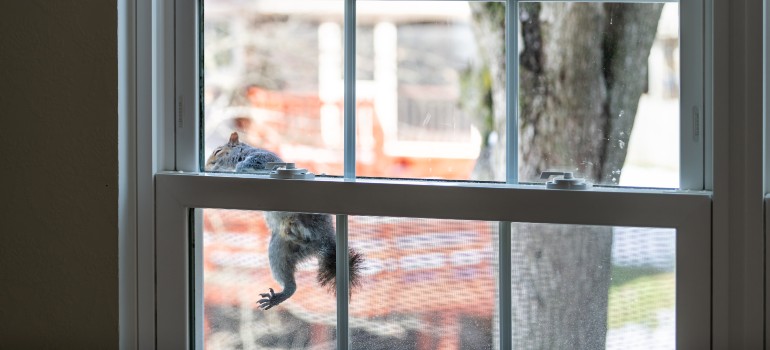
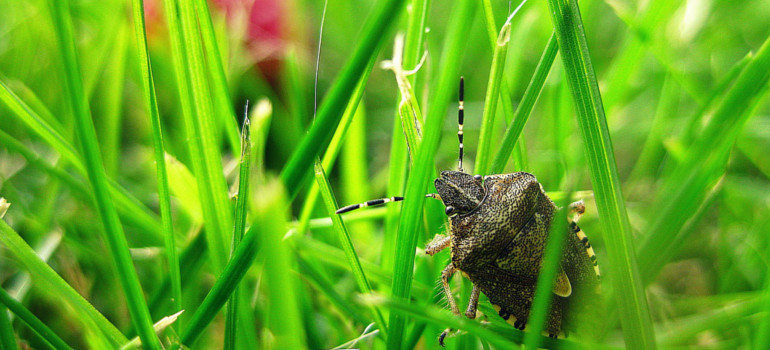
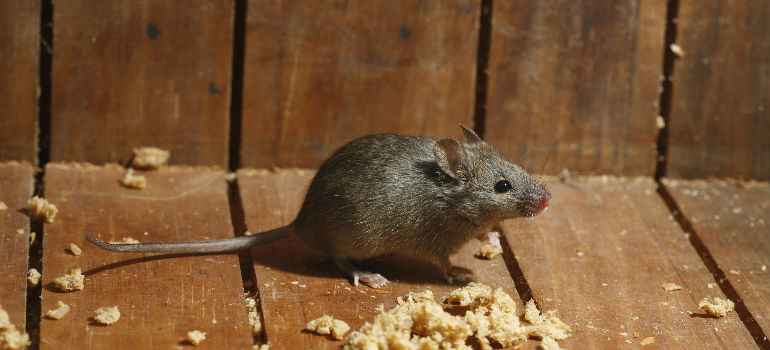
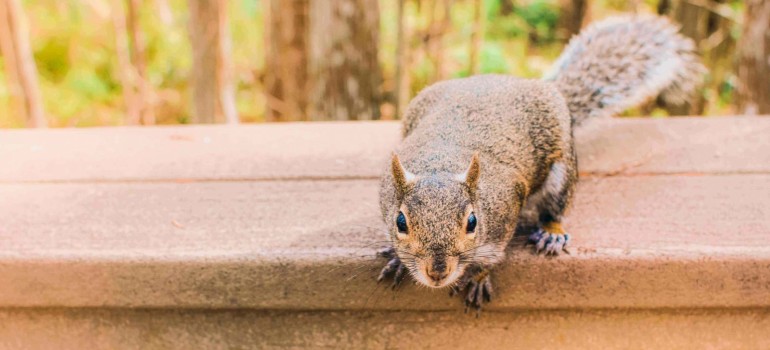
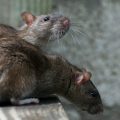
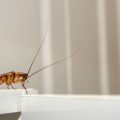


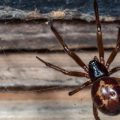
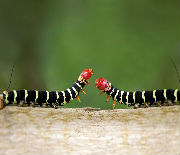
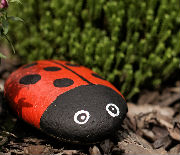
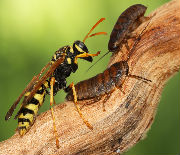
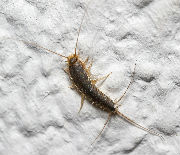
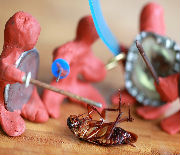
Leave a Reply